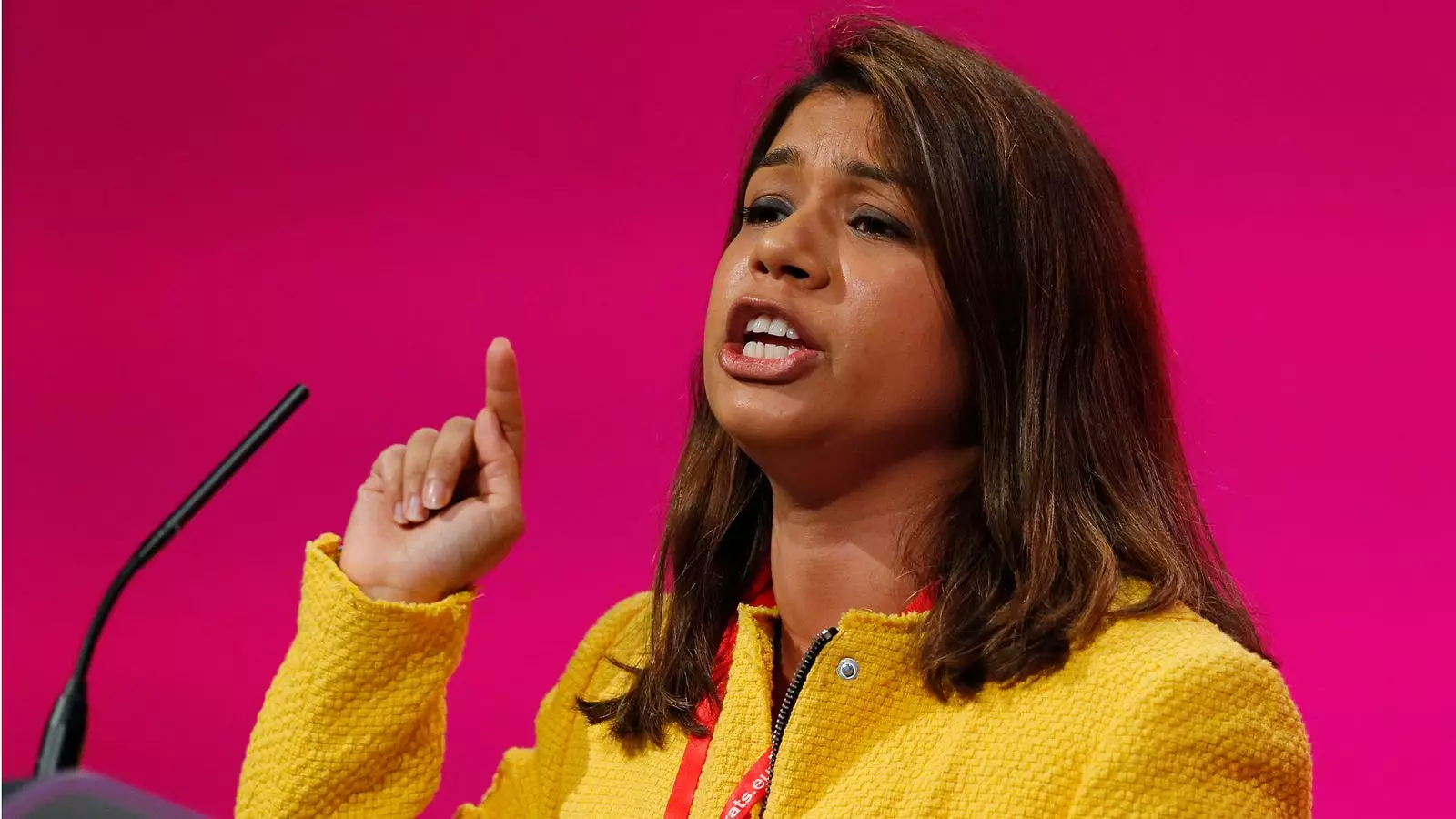The integrity of political figures is paramount for maintaining the trust of the public, especially in matters concerning governance and allocation of resources. Recently, Tulip Siddiq, the Anti-Corruption Minister of Bangladesh, finds herself embroiled in a web of serious allegations. Accusations have surfaced suggesting that Siddiq was involved in the illicit distribution of land to her family members during her tenure as a Member of Parliament. Investigations carried out by the Bangladesh Anti-Corruption Commission (BACC) claim that Siddiq exerted undue influence on her relatives in high positions to secure land allocations in a lucrative development project situated in the diplomatic zone near Dhaka.
According to an affidavit acquired by Sky News, Siddiq’s family members—including her mother, sister, and brother—are alleged to have been beneficiaries of corrupt practices facilitated by Siddiq herself. The BACC has provided detailed accounts asserting that planning officials were bribed or coerced into providing land plots that were earmarked for a controlled urban development project, known as the Purbachal New Town Project. The assertion that specific political affiliations can usher in privileges raises serious questions about ethical governance and accountability.
On the contrary, Siddiq has firmly denied these allegations through her party’s sources. They assert that there has been no formal communication regarding these claims and that evidence—if any—has yet to be presented. The dismissal of these charges as non-genuine appears to be a strategic move to maintain her public image amidst the turmoil. However, allegations of financial misconduct in connection to nuclear power projects further complicate her situation, as they lend an air of consistency to the charges against her.
The political arena in Bangladesh is noted for its tumultuous nature and longstanding rivalries. Siddiq is not only a Minister in the current cabinet but also the niece of Sheikh Hasina, the former Prime Minister who recently resigned amid substantial civil unrest and accusations of corruption against her administration. This familial connection adds a layer of complexity, as it intertwines personal relations with political rivalries, suggesting that the allegations could be leveraged politically against the former ruling party, the Awami League.
The lack of a stable political environment can foster grounds for allegations that may be politically motivated. Critics note that political adversaries could exploit Siddiq’s connections to undermine her, clouding the discourse around accountability and justice. Nonetheless, these connections also necessitate rigorous examination of the legitimacy of Siddiq’s actions while invoking public interest in corruption cases that may reach deeper into the political fabric of the nation.
Calls for Siddiq’s suspension have already been made by various political figures, including Conservative leader Kemi Badenoch, who emphasizes the need for ethical boundaries in governance. The UK Anti-Corruption Coalition has echoed this sentiment, highlighting a potential conflict of interest that undermines Siddiq’s effectiveness as an Anti-Corruption Minister. Experts argue that political appointments, especially in sensitive areas such as economic crime and anti-money laundering, should be devoid of any conflicts that might hamper integrity and transparency in governance.
The situation presents a litmus test for the new administration, as it raises critical questions about their commitment to battling corruption at all levels. Ensuring accountability requires not only adherence to political ethics but also implementing mechanisms that reinforce public trust in political institutions.
The case of Tulip Siddiq underscores the delicate balance between political power, influence, and accountability. As the situation unfolds, it will undoubtedly challenge the current government’s resolve to uphold transparency while also addressing the deep-rooted issues of corruption. Whether or not the allegations against Siddiq hold any merit will not only determine her political future but will also serve as a crucial chapter in Bangladesh’s continuing struggle for integrity in governance. The vigilance of the public, alongside rigorous media scrutiny, remains an essential element in addressing these shadowy corridors of power.


Leave a Reply